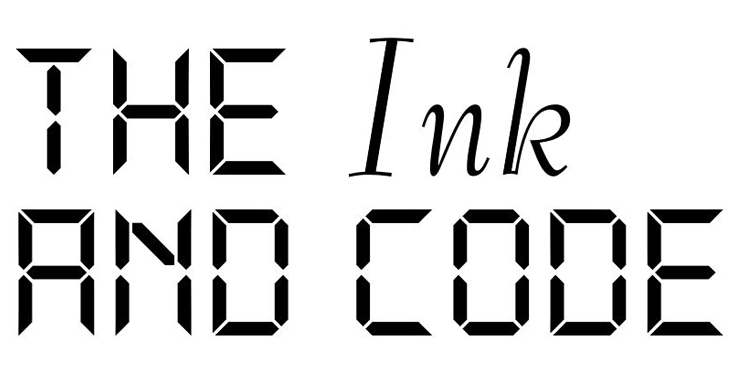“But there are poems on the ground! This wonderful work will be lost!”
Until a few years ago, the notion of a new Alejandro Jodorowsky film seemed far fetched. The acclaimed artist had not made a film since 1990’s The Rainbow Thief. While other endeavors occupied him, a new film never seemed to be one. Then came the surprising and well-received documentary, Jodorowsky’s Dune, which reunited him with his old producer Michel Seydoux and lead to the production of The Dance of Reality, a surreal look back at Jodorowsky’s childhood in Tocopilla, Chile, and the relationship with his father Jaime Jodorowsky.
Picking up exactly where The Dance of Reality ends, Endless Poetry is a new chapter capturing his transition from a child into a young man. The young Alejandro (once again played by Jodorowsky’s grandson Jeremias Herskovits) wishes to become a poet. His stern father Jaime (again played by Jodorowsky’s eldest son, Brontis Jodorowsky) won’t hear of it, equating poetry with homosexuality and insisting Alejandro become a doctor. Rejecting his father’s wishes, Alejandro flees home and takes up a vagabond lifestyle. Now a young man (portrayed by another of his sons, Adan Jodorowsky), Alejandro is surrounded by like-minded people and eager to find his true self, which he learns does not come easy. He possesses a stubborn persistence to live as a poet against his father’s (and the world at large’s) insistence. Existing within a friction from the juxtaposition of growing up and maintaining innocence, Alejandro discovers how to make art from that friction.
Instead of lingering in the angst of Alejandro’s circumstances, the film remains light and whimsical. The scene in which Alejandro and fellow poet Enrique Lihn choose to walk in a straight line through the city, refusing to be deterred by any object in their way is a sheer delight. In many ways, that scene best represents the film as a whole more than any other. Even when the film takes darker, more serious turns, a warmth remains, like a guiding hand I’ll get to in a moment.
Adan Jodorowsky captures his father perfectly, down to his speech and mannerisms. Never did it feel like an impersonation. Adan inhabits his father’s body and soul. Jeremias Herskovits once again does a strong job as the younger Alejandro but, unlike The Dance of Reality, this film is not his after the first half hour. Alejandro’s parents also are given reduced roles this time around. As Alejandro’s father, Brontis Jodorowsky again offers a striking performance of a stern but flawed man. Even when he’s not on screen, his presence is felt and his relationship to his son haunts the narrative. Pamela Flores also returns as Alejandro’s mother Sara, but also serves double duty, portraying his first muse and heartbreak, Stella Diaz Varín. The oedipal implications of this dual performance is not lost, and adds a new layer to the already twisting real-life-to-film family tree.
Jodorowsky himself weaves in out of the film as a specter of comfort for his younger selves and, at times, possibly manipulating events to unfold differently given the clearer perspective his long life afforded him. He insists he has no regrets, but his sometimes somber tone suggests pain he buried away until he was ready to explore it. Jodorowsky is doing exactly that here as he pens a cinematic memoir. Instead of just offering printed word, he’s inviting the audience to experience his life through striking visuals and sounds. Colors and textures permeate the screen, invoking a near-virtual tactile experience. Perhaps a little less psychedelic than The Dance of Reality and his earlier works, Endless Poetry is no less vibrant or less passionate. It’s more grounded qualities better suit the theme of growing up. Jodorowsky has expertly captured the beauty in the metamorphosis of a human being into something greater.

